Photo credits: Thump Records
According to the Florida History Network, a landmark court case commenced, which changed music history.
The case showcased a legal battle between an old-school Floridian hip-hop band – on the defensive against would-be censors within the U.S. federal government. On June 6, 1990, U.S. District Court Judge Joe Gonzalez lodged a ruling against a Florida-based rap/hip-hop dance group called 2 Live Crew (members pictured).
The three-man music collective’s 1989 full-length project titled, As Nasty As They Wanna Be, was front and center in the subsequent court case, which Judge Gonzalez presided over. Proceedings were going on roughly 16 months after 2 Live Crew’s controversial album was released. Nonetheless, legal drama awaited rappers nationwide.
The United States Government vs. United Fronts for Black Music
Hip-hop music itself was on trial at this time. In the late 1980s and early 1990s, rap groups, such as NWA, and solo hip-hopper Ice T were on the radars of federal government bureaucrats. Conservative lobbyists put pressure on officials in Congress, at major record labels, and even in the White House to censor rap lyrics.
Artists and groups that released music, which got classified as mediums for sexually-themed content, lyrics with anti-police slogans, or songs, which were deemed to be violent, became targets of law enforcement. This opened the door to a whole host of difficulties for those operating in the urban music division of the entertainment business.
In the case of 2 Live Crew, a Florida-based federal court declared their wild party-themed LP was “obscene.” Going forward, the court’s final decision armed prosecutors with the ability to criminally charge rap artists with content-related offenses. It also opened the door for task forces to shut down retailers who sold the music at shops.
Race or a Legitimate Indecency Case?
The declaration Judge Gonzalez made on behalf of a US court sparked contentious outrage. Purists of hip-hop culture and rap music gatekeepers thought that race was the main issue. Due to the fact that 2 Live Crew’s chosen music genre was initially invented by the black community, it was subject to facing restrictive consequences.
Broward County Sheriff Nick Navarro arrested the band members four days after Gonzalez’s judgment. The members of 2 Live Crew were handcuffed when they performed songs from their 1989 album at a Hollywood, Florida nightclub. Following a jury trial, the trio was cleared of their charges. The jury’s foreman stated that video footage of the performance was not clear enough for jurors to visualize the taped images.
Additionally, the CD “wasn’t quite indecent,” according to the jury foreman.
A Pro-Rap Retailer Feels the Pinch
Another jury found a man guilty of encouraging obscenity because he sold 2 Live Crew’s music. He was arrested on June 8, 1990. His name was Charles Freeman. He was the proprietor of a record store in Fort Lauderdale, Florida, which sold 2 Live Crew’s music. Freeman risked serving a year in prison. However, he was not given a term of incarceration.
Instead, Freeman was fined $1,000 plus other fees related to the courts. Following the previous debacle involving 2 Live Crew, Charles Freeman, and Florida’s judicial system, a breakthrough came during the months of 1992. In that year, the U.S. Court of Appeals for the Eleventh District deactivated the ruling, which Judge Gonzalez finalized in 1990.
In his 62-page summation, he stated that the Florida rap trio’s album content opened the door for “acts of violence and sexual perversion.”






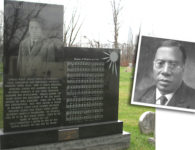
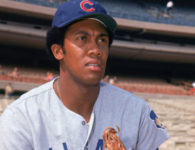
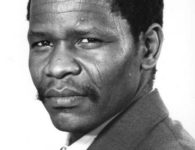
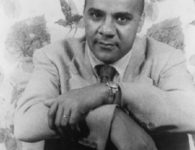
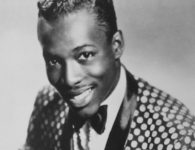



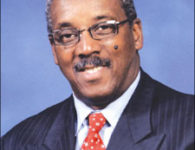
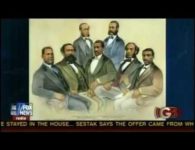
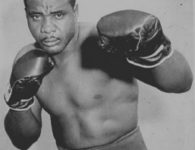

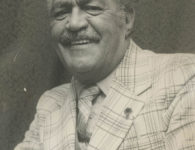
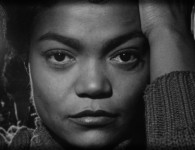

No comments